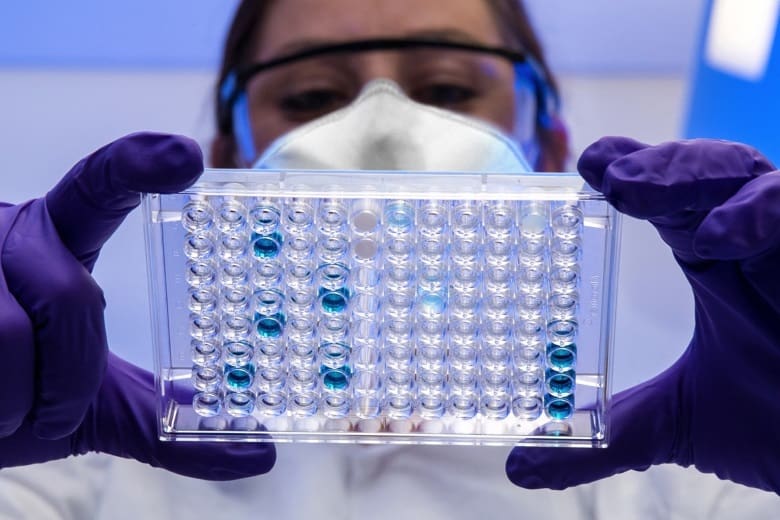
Life sciences image credit: CDC.
Every day, across the globe, AI powers advance in a growing list of science and technology fields. InRule connects life-sciences researchers with dynamic, accessible automation and machine-learning tools. A recent Gartner infographic – AI Use-Case Prism for Life Science Manufacturers – lists 27 key uses related to clinical and biological development, from early research to commercialization. Below are a few use cases InRule Technology’s explainable, AI-powered end-to-end automation can enhance:
Drug repurposing – Bringing new therapeutics to market is a long, expensive process. In certain areas, such as treatments for Alzheimer’s, clinical-trial results are largely negative. Repurposing drugs already approved by the Food and Drug Administration for another indication offers manufacturers a much faster and cheaper path to commercialization. Matching existing medications to molecular mechanisms of other afflictions is a task well suited to AI analysis. Further, AI can provide minor modifications to chemical structures for drugs so that they can be used for other diseases, leading to increased revenues. Predictive machine-learning platforms can comb through massive data sets to provide invaluable aid in determining which drugs to move forward to clinical trials.1
Scientific publication analytics – A big challenge in life-sciences research, as with many scientific fields, is taming the massive reservoirs of literature. One estimate calculates that over a million scientific papers are published each year, or once every 30 seconds. AI can speedread publications to spot and categorize relevant data needles hidden within mountainous media haystacks. New data finds can lead to new drugs or de-risk current drugs. 2

AI platforms can tame the mountainous accumulation of published scientific papers,
estimated at over one million per year.
Process intelligence – Beyond supporting scientific research, AI platforms can provide actionable insights on research processes and workflows themselves. Through massive data analysis, automated systems can match identified processes with user-established performance metrics. Manufacturers, universities, independent labs, and research organizations can maximize vital resources and positive ROI through continual operational improvement.3
AI-assisted clinical data management – Mining insights from huge info sets is a task primely suited for machine learning. AI can enable data managers to review data more accurately and timely. Says, Rob Karel, vice president of product marketing at Okta, “AI models can crunch through millions of pharmaceutical compounds and predict what might work best far faster than a human researcher ever could.”4

Data mining through massive and siloed information sources is an ideal job for AI. Automated systems researchers save time and maximize results.
As the many forefronts across the life sciences move ever forward, accessible AI will be an ever-more-vital tool to the researchers leading the way. InRule will continue supporting scientific teams with formidable, yet accessible and intuitive automation platforms to speed new discoveries, better therapies and brighter horizons.
Learn more about how AI enables progress. Read on.
1 https://www.nature.com/articles/s41467-021-21330-0
2 https://www.nature.com/articles/d41586-018-06617-5
3 https://en.wikipedia.org/wiki/Operational_intelligence
4 https://www.anjusoftware.com/about/all-news/clinical-data-management-ai


